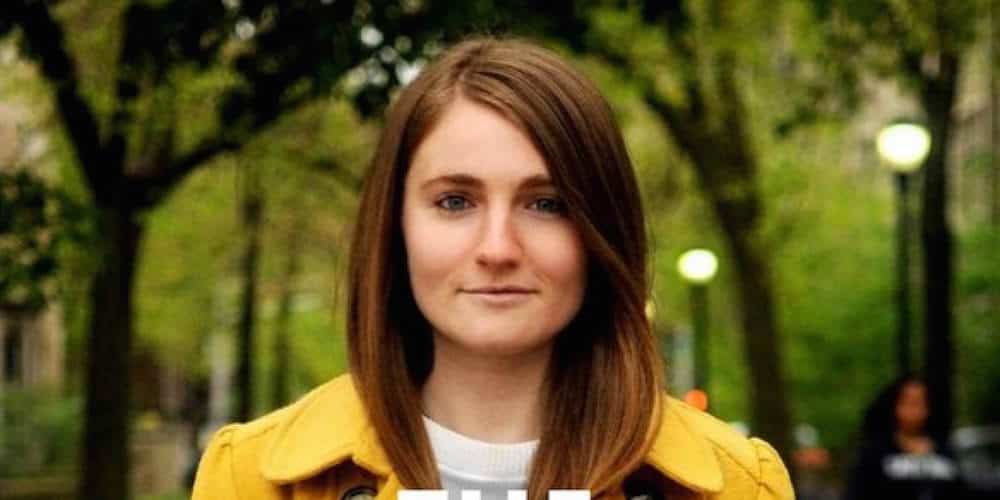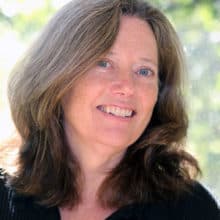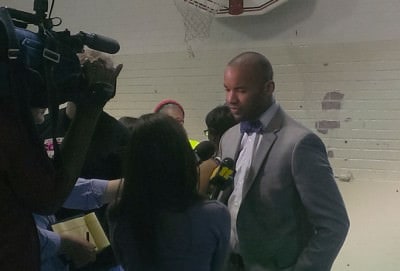

We are in that space between college and high school graduations. It is hard not to feel that bending arc, that restless energy towards the future. Perhaps the best people to write about this time are those that are going through it. In 2012, the Yale commencement exercises included an essay by Marina Keegan about her college graduation:
We don’t have a word for the opposite of loneliness, but if we did, I could say that’s what I want in life. What I’m grateful and thankful to have found at Yale, and what I’m scared of losing when we wake up tomorrow and leave this place.
It’s not quite love and it’s not quite community; it’s just this feeling that there are people, an abundance of people, who are in this together.1
Five days after graduating magna cum laude, Marina died in a car accident. Her essay, “The Opposite of Loneliness,” was posted online and quickly gained a readership of over one million. Marina was a writer. With the devotion of professors, friends, and family, a collection of her writings – including this essay – was published in 2014 as a book that instantly became a New York Times bestseller. Her death is tragic. Her writings and the coining of this phrase, “the opposite of loneliness” is a gift.
If we are to explore this further, it makes me wonder how we find ways to express that there are “an abundance of people who are in this together.” I remember my two sons’ graduations from high school just last year and three years ago. Their programs used icons by the name of each student to identify awards and clubs. This certainly would be one way to express community. But for each of my sons, they had no icons next to their names. They just weren’t joiners. But they did do things for their school. For example, David’s band recorded music for the school. And Turner leant his graphic arts skills to various school projects. The answer might not be an icon but there are many others like them who have a sense of belonging at school that we ought to recognize. Because it is the opposite of loneliness.
My sons aren’t so different from their mother. When I taught full-time as associate professor at UNC Charlotte, I had to fill out an annual report listing my accomplishments and contributions. There were spaces to identify service through university committees. My committee list was usually barely adequate but I did have a long list under “other” to capture the ways that suited me better to contribute. Once I served on the committee for recommending tenure, I observed how little the “other” category seemed to matter.
Outside of the university system, how do we capture this togetherness in the pursuit of better educational opportunities for students?
One way is to recognize each other through awards. I recently attended the North Carolina Justice Center’s Defenders of Justice Awards where lawyers, former justices, legislators, and advocates were recognized for their contributions. Many of the award recipients noted their pleasure in being among their friends and colleagues and how their work could not be viewed in isolation but as a part of the mosaic of work of all the people there.
But we shouldn’t wait for these kinds of events. There are too many — an abundance of people worthy of an award. Taking a lesson from Governor Hunt, why don’t we all send hand-written notes to recognize someone else’s efforts? How about five cards a week? Or, if that seems like too much, then switch to email or Facebook or a text. But if we are staying in touch with each other, celebrating and cheering each other on, wouldn’t this help create the opposite of loneliness?
And now, writing for EdNC, I have an additional perspective. I often add at the end of my column some sort of invitation to participate, to join in making comments. Very few of you take me up on that offer. And that’s OK.
Doesn’t the fact that you are willing to read EdNC and the fact that some of us are willing to write for EdNC mean that we are all in this together?
If we are all together in order to help create possibilities for our young people, then let’s return to graduation and that sense of possibility. Here are more thoughts from Marina Keegan:
What we have to remember is that we can still do anything. We can change our minds. We can start over. Get a post-bac or try writing for the first time. The notion that it’s too late to do anything is comical. It’s hilarious. We’re graduating college. We’re so young. We can’t, we MUST not lose this sense of possibility because in the end, it’s all we have.
If you are looking for just the right graduation gift, I encourage you to get the book “The Opposite of Loneliness.” Or if you want to be inspired by a gifted writer, get it for yourself. And, as always, I welcome you to put pen to your own thoughts. Share how you think we can create an abundance of people who are in this together.


